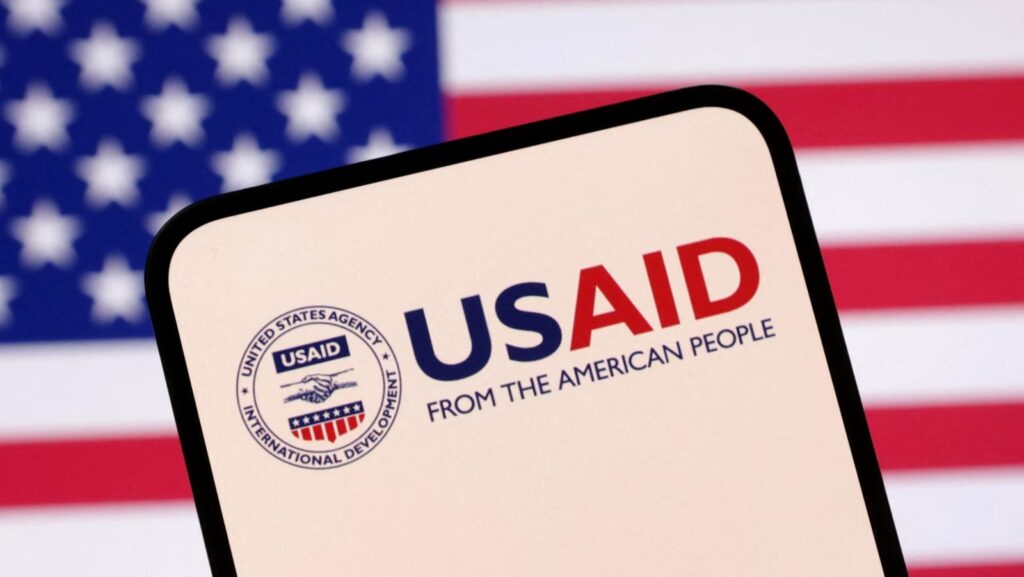Sex workers in Zimbabwe are facing a dangerous crisis. After the United States cut foreign health aid earlier this year, many women lost access to HIV treatment, condoms, and basic health services.
Desperation Leads to Risk
In a cramped Harare room, Sharon Mukakanhanga showed a pair of baby socks she once used as a substitute for condoms. “These little socks served as condoms when I became so desperate after the American government withdrew its support,” said the 43-year-old.
Her situation is not unique. Cecilia Ruzvidzo, a 47-year-old living with HIV, recalled leaving a clinic with only 10 days’ supply of antiretrovirals. Without condoms, she and her clients were exposed to greater health risks. “It was a very difficult period. I literally lost my mind,” she said.
Clinics Overwhelmed
Doctors Without Borders (MSF), which operates without US funding, said its Harare clinics are overwhelmed. “They don’t know where to go. They don’t know where to seek services,” said project lead Charlotte Pignon. She warned that the cuts cannot be ignored when looking at rising health risks.
The Funding Gap
According to the Centre for Humanitarian Analytics (CHA), US support to Zimbabwe once totaled $522 million. Around $90 million went to HIV programs. Wonder Mufunda, CHA’s chief executive, said losing this support caused “serious disruptions” and could lead to more preventable deaths.
Growing Competition
Zimbabwe’s economic decline has also forced more women into sex work. An estimated 40,500 women are now engaged in the trade. Competition is fierce, with some charging as little as 50 cents per client — less than the cost of a box of condoms.
For mothers like Ruzvidzo, unsafe practices have become unavoidable. “We knew it wasn’t safe,” she said. “But I had to feed my children.”

